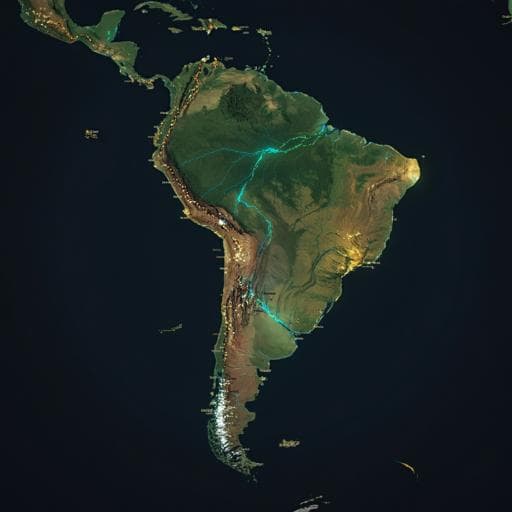
Social Work
Resolution and the detection of cultural dispersals: development and application of spatiotemporal methods in Lowland South America
P. Riris and F. Silva
This research by Philip Riris and Fabio Silva dives into the intricate use of radiocarbon datasets to explore prehistoric dispersals in lowland South America. It uncovers the complexities of data quality and chronometric uncertainty and presents a novel analytical approach that enhances our understanding of cultural mobility in the region.
Related Publications
Explore these studies to deepen your understanding of the subject.







